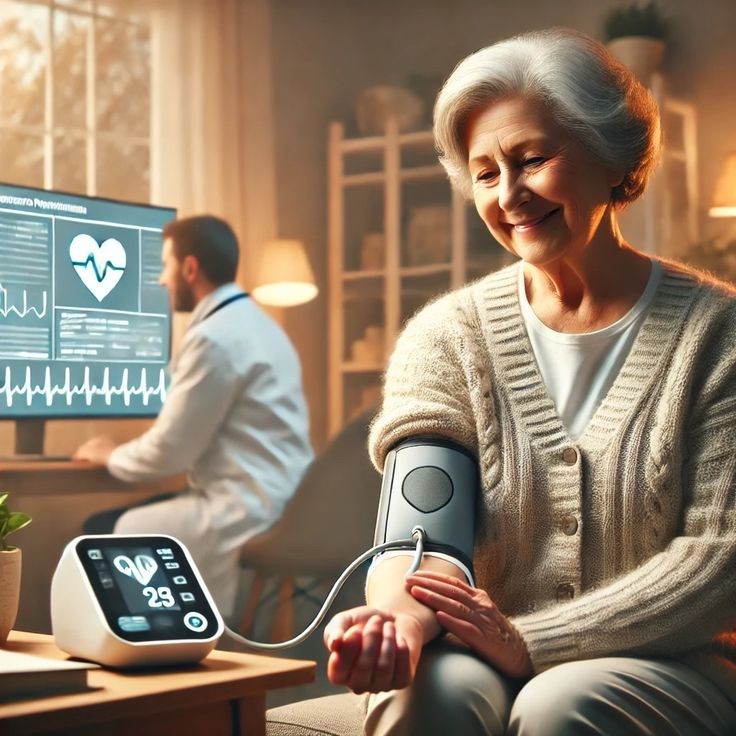As many healthcare organizations continue to move towards paperless environments, protecting the privacy of patients’ information is of utmost importance. In order to carry out security over unauthorized people, it is mandatory to encrypt the documents. Encryption means that data is still in a form that even if it is intercepted, one cannot comprehend the contents of the information. This is an essential step in ensuring that the patients gain confidence in the doctors or healers who are handling them.
Another important measure we should also ask for are strict containment policies and controls to ensure no unauthorized people gain entry into our premise. Parameters to set in healthcare organizations also include roles to implement an open door policy to order access to patient data only by individuals in the capacity they are assigned to. It also increases several times the level of security, thus significantly decreasing the threats of break-ins originating in the expiration or leak of passwords. These protocols reduce susceptibilities and increase the level of safety of the information.
Ensuring that compliance with privacy laws such as HIPAA and GDPR is just as important as regular auditing. Auditing allows pointing out the problematic issues in handling data, and following the laws is essential for compliance. It is crucial for the healthcare organizations to keep itself abreast of the new regulation in line so that newly emerging threats can be handled effectively and the patient confidence in the automated system can be strengthened.

Data privacy can also be strengthened through the Patient education component. Consumers must be enlightened on how their data is utilized and how it is being protected. Awareness brings about the understanding of patients as to when their information can be shared, under overdue notifications and consequently reducing cases of patients’ information being breached.
Finally, the use of the latest innovations like artificial intelligence in the detection of threats enhances data security. This means that the systems can be programmed to alert and deter breaches in the network and systems at all times. Proper policies and patient participation These values show that despite integrating technology into the health field, privacy can be maintained adequately.
Conclusion
In conclusion, to enhance patient data privacy as industries continue to go digital, several strategies can be implemented. Some of the measures that I believe are useful in ensuring that patient information is not exposed to the outside world are the following; All critical data in the healthcare facilities must be encrypted, admission to involving patient information should be reserved to a few people and with strict permissions, an audit of the protected information must be conducted from time to time, patient education, and lastly the use of sophisticated technologies such as firewalls. Besides, they preserve patient privacy while enhancing a way to integrate technology in the health sector without any compromises.